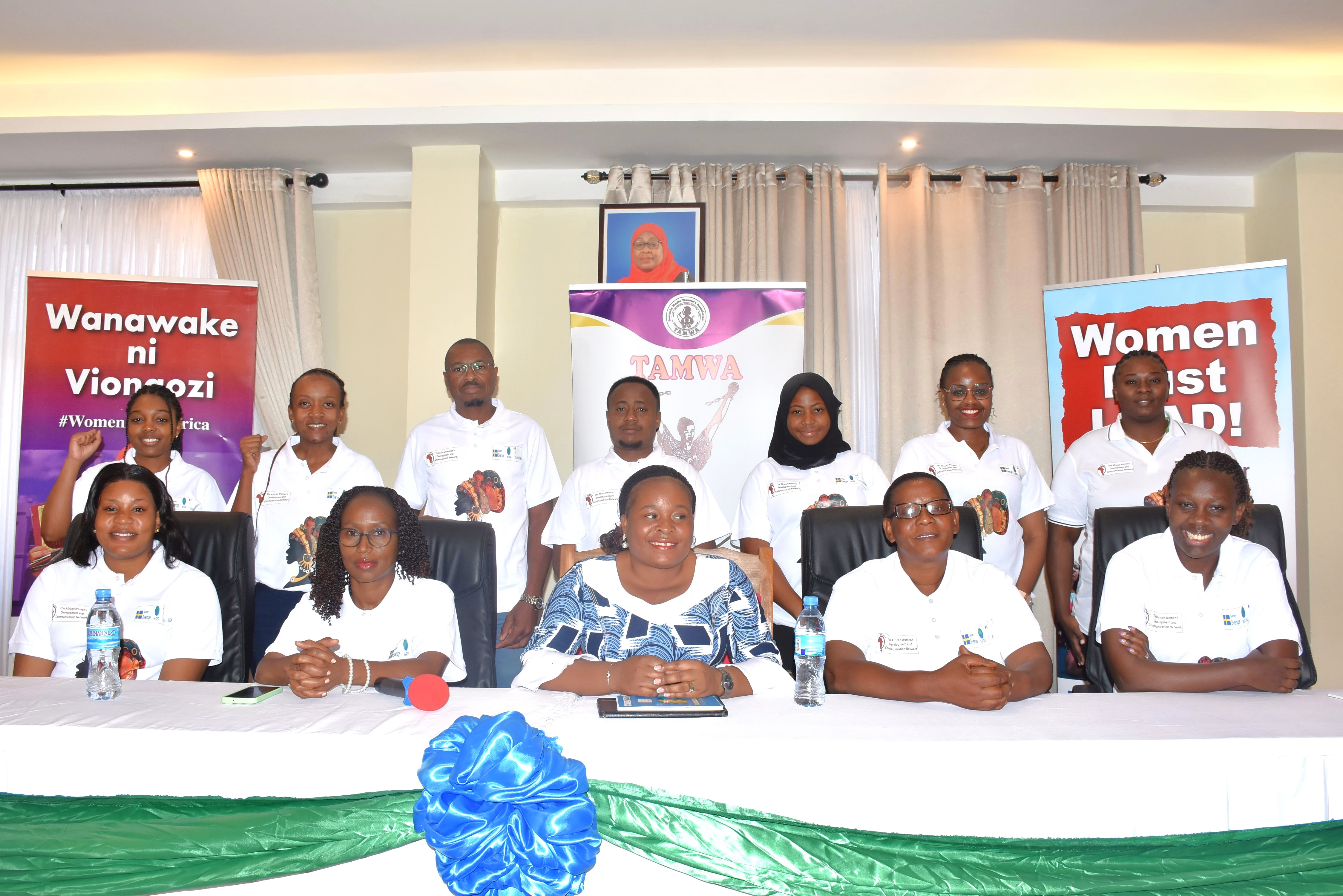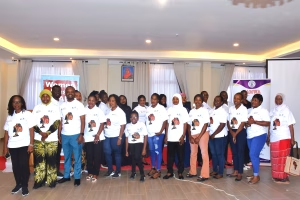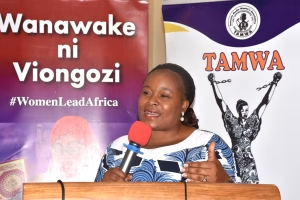
Empowering Women in Tanzania: Addressing The Barriers to Political Participation
As Tanzania prepares for its upcoming elections, Dodoma, the nation’s capital, is witnessing growing efforts to ensure that women play an active role in the political landscape. We recently interacted with leaders and those aspiring to enter politics in Dodoma through a training program designed to enhance their skills and confidence for candidacy.

The training aimed to empower women with the skills and understanding needed to navigate the political landscape effectively. The highlight of the sessions was the discussion about the obstacles that numerous women still encounter, despite their drive and perseverance. They pointed out the various systemic and social obstacles that remain in place, hindering their engagement in the political space.
Some of the challenges that were pointed out included:
- Access to education for girls according to women’s observations and experiences. They emphasized that girls do not have opportunities as boys from a young age which hinders them from acquiring the necessary knowledge and abilities required to aspire for leadership positions. This disparity in education greatly affects women’s capacity to comprehend and actively participate in politics from the beginning.
- The women were worried, about not having information that is important for understanding the political scene better and making informed decisions about it all various aspects such as electoral processes and party systems involved in campaigns among others things. Many women aspiring to lead feel like they are at a disadvantage compared to men because they lack access to the same resources and connections male leaders have. This lack of information widens the gap between men and women in politics.
- Gender inequality poses an obstacle, in society as patriarchy still wields considerable influence there. The belief that leadership positions are primarily for men persists and women often face opposition not from the community but from their own families when they aspire to political roles. This ingrained cultural prejudice presents a challenge, for women striving to make a mark in the male centric political arena.
- Furthermore d the increasing influence of technology and social media has opened up avenues, for involvement but has also made women vulnerable, to cyberbullying and harassment.Several women have shared instances of experiencing mistreatment in the form of disrespectful comments and gender biased assaults that seek to diminish their authority and self assurance.Unfortunately this mistreatment transcends the realm as women encounter bullying in spaces too.They face hostility and intimidation during their campaigns.
Moving Forward: Empowerment and Advocacy
- Despite facing these difficulties and navigating through them, the women who underwent our training exhibit a spirit of perseverance and hopefulness. They are motivated to surpass expectations but rely heavily on assistance, from civil society organizations, bodies and global allies. Addressing challenges like limited access to education communication barriers, male dominated societal norms and harassment demands a comprehensive and versatile strategy.
- Girls education should be the focus as it sets the stage for empowering female leaders ready to make a difference by challenging existing norms and values. This can be achieved through targeted initiatives providing information, and training in political engagement electoral procedures and leadership abilities tailored to women will further support this cause.
- To challenge patriarchy effectively and promote gender equality in leadership roles, what is required is a combination of change and legal reforms that support women’s representation in positions of power.
- It is important for women to feel secure in engaging in activities without the threat of harassment or coercion – additionally certain measures need to be put in place by media platforms to uphold stricter regulations, against abusive behaviour.

As Tanzania gears up for the elections, it is vital that women’s voices are not only heard but also represented at all levels of government. By addressing the challenges of education, access to information, patriarchy, and bullying, Tanzania can create a more inclusive political environment where women are empowered to lead and inspire change.
Written by: Kerubo Onsoti, Digital Media Officer, FEMNET
Related Tags
Related Posts
A UNITED FRONT FOR THE NOT MORE THAN TWO-THIRDS GENDER PRINCIPLE IN KENYA
By Kerigo Odada The Constitution of Kenya 2010 upholds the rights of women as being equal in law
Learn MoreAfrican Women's Learning Mission on Malawi Elections
Press Statement For Immediate Release Blantyre, Malawi May 21st, 2014 The African Women’s Observer Mission accredited
Learn More